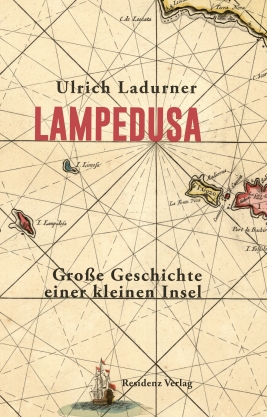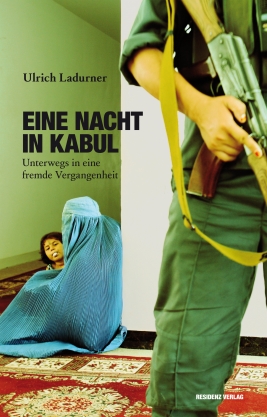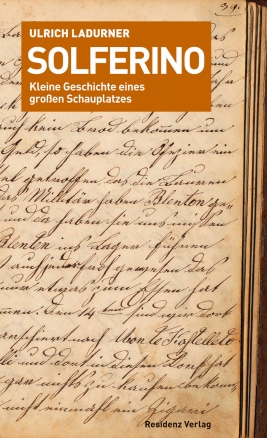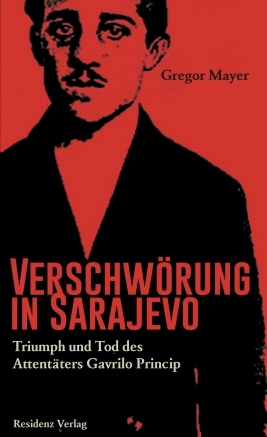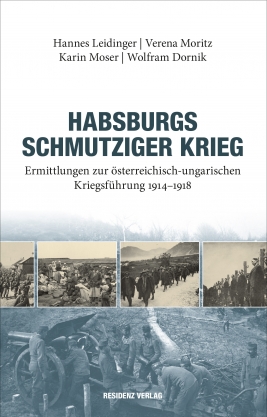In seinem Buch über Lampedusa trägt der Autor Ulrich Ladurner Schicht für Schicht dieser kleinen Insel ab, die doch eine große Geschichte hat. Um auch jene Geschichten zu Tage zu fördern, die hinter den Meldungen der Tagespolitik verborgen liegen.
[Quelle: Dr. Manuel Gogos, Deutschlandfunk]
Ladurners Quellenforschung ergibt ein schillerndes Bild von einem kargen Felsen, der zu ausufernden Phantasien reizte, ja sogar zur imaginären Heimstatt von Königen und Ort utopischer Reiche wurde. Sein Buch ist ein Inselführer nicht nur zu dem wenigen, was die Insel heute an Geschichtsresten zu bieten hat, sondern auch ein Eintauchen in das Meer von Phantasien, auf dem Lampedusa durch die Jahrhunderte trieb.
[Quelle: Karl Hoffmann, FAZ]
Lauter »Leuchttürme« der europäischen Kultur, deren Strahlen Ladurner immer wieder auf die Menschen hier und heute fallen lässt. Das Große und das Kleine. Er muss sie nicht auf irgendeine ideologische »Linie« bringen. Sie spiegeln wie von selbst zurück, was der ganze verdammte Kontinent sein könnte, wenn wir Resteuropäer von Lampedusa lernen würden.
[Quelle: Pieke Biermann, titel-kulturmagazin]
Eine Reportage, die gefehlt hat.
[Quelle: Peter Pisa, KURIER]
Seit mehr als zwei Jahrzehnten ist Lampedusa für zehntausende Flüchtlinge zu einer Insel der Hoffnung geworden. Der „Zeit“-Journalist und gebürtige Meraner Ulrich Ladurner hat sich aufgemacht, diese Insel zu erforschen.
[Quelle: FF]
Ladurner ist ein Meister der literarischen Reportage.
[Quelle: Florian Klenk, FALTER]
Ulrich Ladurners kleines, aber facettenreiches Lampedusa-Kompendium ist eine interessante, sprachlich fein ziselierte und inhaltlich hilfreiche Ergänzung zur plakativen und oft sensationslüsternen Lampedusa-Berichterstattung!
[Quelle: Karl Hoffmann, DEUTSCHLANDFUNK]
Ulrich Ladurner nimmt den Leser auf eine Reise zwischen Vergangenheit und Gegenwart mit.
[Quelle: Thomas Schmid, FRANKFURTER RUNDSCHAU]
Der Autor Ulrich Ladurner hat sich mit der bewegten und bewegenden Geschichte des Zufluchtsortes Lampedusa befasst und findet: Europa.
[Quelle: Gundi Große, WDR 5]
Lampedusa – Insel, Eiland und zugleich Symbol für eines der Phänomene unserer Zeit und Gesellschaft. 22 Quadratkilometer Kulturgeschichte um die sich das neue Buch von Ulrich Ladurner dreht.
[Quelle: MDR FIGARO]
…ein kleines, feines Büchlein…
[Quelle: Martina Hildebrand, NÜRNBERGER PRESSE]
Die eindrucksvolle literarische Reportage besticht durch angenehme Lesbarkeit sowie eine gute Verbindung von historischen Informationen und der Darstellung der heutigen Situation der Bewohner Lampedusas.
[Quelle: Karl Krendl, biblio]
Ladurner beleuchtet mit all diesen Leuchttürmen der Geschichte immer wieder die Menschen hier und heute auf der Insel, aber er zwingt seine Beobachtungen nie zum alles erklärenden Gesamtbild zusammen. Die Details erhellen in ihrer Vielfalt, was Europa sein könnte, wenn wir Resteuropäer von Lampedusa lernen würden.
[Quelle: DEUTSCHLANDRADIO Kultur]
Ein empfehlenswertes Buch, nicht nur für geschichtlich interessierte Leser.
[Quelle: Markus Drechsler, BLICKPUNKTE]
Unaufdringlich und ohne simple Erklärungsstrategien für die multiplen Probleme des Eilands verwebt Ladurner Gespräche mit der Bevölkerung, eigene Erlebnisse und literarische Zeugnisse miteinander zu einem Netz aus Geschichten, in dem man unweigerlich hängenbleibt.
(…) In vordergründig nüchterner und einfacher Sprache holt Ladurner weit aus, erzählt von Eroberungen, Besiedlungen und Skurrilitäten genauso wie von Herrschaftsverhältnissen, Ohnmacht und dem Arrangieren mit prekären Bedingungen. Aus dem, was Bewohner, Politiker und Besucher zu erzählen haben und aus den eigenen, über die Jahre gesammelten Beobachtungen und Anekdoten entsteht so ein umfangreiches Panorama, dem man den Wunsch, weder zu dramatisieren, noch zu beschönigen, hoch anrechnen muss.
[Quelle: Julius Schlögl, FM5]
Die eindrucksvolle literarische Reportage besticht durch angenehme Lesbarkeit sowie eine gute Verbindung von historischen Informationen und der Darstellung der heutigen Situation der Bewohner Lampedusas.
[Quelle: Karl Krendl, BIBLIOTHEKSNACHRICHTEN]
Ulrich Ladurner erzählt wie am Lagerfeuer…
[Quelle: Helmuth Schönauer, NEUE SÜDTIROLER]
Das ist ein großartiges Buch!
Veit Heinichen
